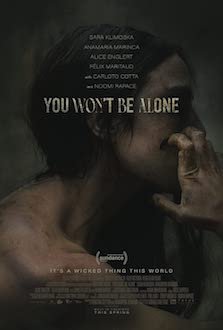Direction: Barry Levinson
Country: USA
Veteran director Barry Levinson (Rain Man, 1988; Bugsy, 1991; Good Morning Vietnam, 1987) tells the true story of an Auschwitz survivor who challenges top boxers with no chance of winning, only to be featured in the newspapers. With that, he hopes to find the lost love of his youth. The entirely formal classicism of this dramatic effort constitutes both its quality and limit. The black-and-white depiction of the past is much more attractive than the color of the present, and the narrative back-and-forth seems to have Levinson trapped by the overflow of emotion he wants to convey. Hence, an impersonal direction is what he delivers.
Notwithstanding, The Survivor is a touching testimony of the relentless, fierce survivalism of Harry Haft (Ben Foster), a Polish Jew whose ability for boxing served both as the amusement and the profit of a supercilious Nazi officer (Billy Magnussen). What the film does good is this constant search for a peace of mind that was once taken from our hero, when he was forced to kill his own people and fellow inmates with his bare fists.
By swinging between melodrama and heaviness, the film made a bit difficult for me to connect with a story that, being interesting, could have worked better. The performance of Ben Foster is convincing, but this well-intended biopic borders on the watchable.








































